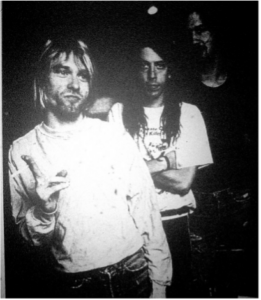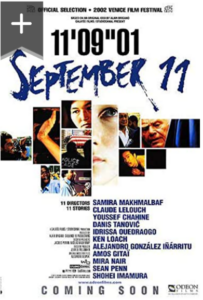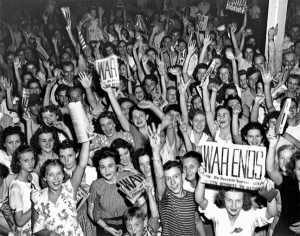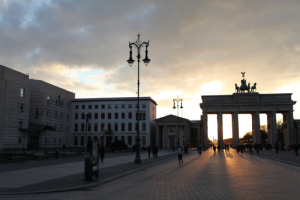
Do you believe in fate? I like to think I don’t, and yet I always find myself looking for how the pieces of reality fit together to make a big picture that is more than the sum of its parts. I only recently became aware of one such coincidence. On September 24, 1991, two momentous albums, Nevermind by Nirvana and Blood Sugar Sex Magik by the Red Hot Chili Peppers were released to applause so tumultuous it resounds today, 30 years later.










